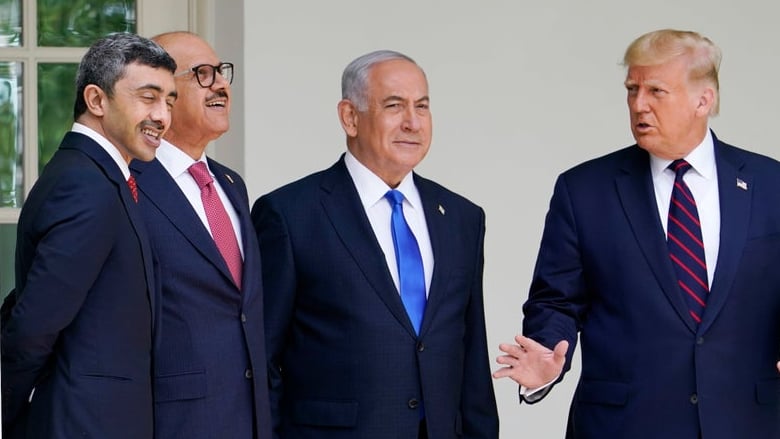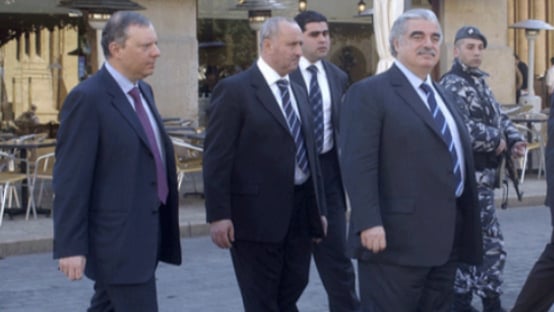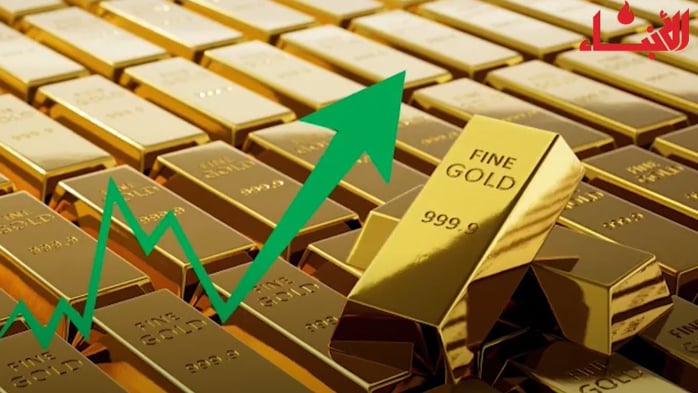For as the Middle East tourniquet on the Palestinians turns ever tighter under Donald Trump, our demands for justice in the region become ever more enfeebled. Trump’s so-called “Abraham Accords” – a Hollywood movie title for the latest Gulf Arab-Israeli “peace” if ever there was one, but instantly accepted by the experts and literati of Washington -- would surely, at any other time in history, be a cause of astonishment, even outrage.
But as if the coronavirus mask covers our eyes as well as our mouths, we reverted to the same old Western reaction to anything that occurs in the Middle East: if it’s good for Israel, it must be good for the world; if it’s helping Israel, then that means yet another historic “peace” to be proclaimed at the cost of Palestinian dignity and land.
My old chum Tom Friedman, the Imperial Messenger of the New York Times, cast his long-term vote for the Israelis as usual. The Palestinian leadership may be “forced” to the negotiating table now the Gulf Arabs are ready to make peace rather than hold out for “a state to its liking”, he announced.
The latest Arab-Israeli agreements – the full details of which, of course, we still do not know – were “a geopolitical earthquake”, and (quoting Trump), a “huge breakthrough”, let alone a “breath of fresh air”. At one point, Friedman even succeeded in describing Turkey as “a proxy of Iran”, which is nonsensical. Other New York Times writers talked of “a giant leap forward”, and “an extraordinary triumph”. A triumph, certainly, for all those who wish to exacerbate even further the Sunni Muslim-Shia Muslim conflict in the Middle East and to forget the Palestinians.
Even the Washington Post’s David Ignatius, a usually more modest messenger boy for regional peace, managed to call these shenanigans “a building block towards Middle East stability”.
It was the same old story. Two Arab nations – one of them admittedly only a quarter the size of County Durham but whose monarch must be addressed as “His Majesty the King of Bahrain” – promised peace in return for nothing but a vague promise that Israel’s colonial project on occupied Arab land will be postponed for an unspecified period of time. It was, as another Middle East “expert” disclosed, not the old slogan of “land for peace” – but “peace for peace”.
You bet it was. For while the Palestinians will go on losing their land, the Gulf princes and their satraps will ensure that Israel is awarded peace at any cost – certainly at the cost of Palestinian property. In one way, therefore, Benjamin Netanyahu was right when he described all this as “a pivot of history”. Instead of handing back occupied land in return for peace and security (the foundation of UN Security Council Resolution 242), Israel has agreed to the temporary non-annexation of the West Bank. In other words, it’s peace in return for not claiming (for now, at least) the territory already illegally seized from Palestinians.
Watching the Bahraini and Emirati foreign ministers standing in their smart Western suits either side of Netanyahu and Trump – no Arab monarchs chose to come to Washington, we should note – they looked for all the world like East Coast businessmen; which, in a way, I suppose they were. The cash of the Gulf allied to the industrial innovation of Israel makes a powerful commercial argument. At this hour, we must surely miss again the late Edward Said’s cynicism and truth-telling. I can only imagine his response to the words of Bahraini foreign minister Abdullatif bin Rashid al-Zayani (“a truly historic occasion”, “a historic step”, “a moment of hope and opportunity for all the peoples of the Middle East”) who made just one, miserable reference to a two-state Palestinian peace.
Far more important to al-Zayani was “the vision, courage and commitment of His Majesty King Hamad Bin Isa Al Khalifa” who had “protected, institutionalised, and enhanced Bahrain’s centuries-old spirit of coexistence and harmony”. Was this, one wondered, the same King Hamad who ruthlessly put down a rebellion by tens of thousands of his majority Shia civilians in 2011 and whose own Sunni government enquiry in the event recorded torture and deaths in custody? With Britain and the US firmly on the side of the king (who hosts both the US Fifth Fleet and the Royal Navy), Saudi and Emirati troops later arrived on the island to help his harmonious majesty restore order. The Iranians, needless to say, were blamed for the mass uprising, which coincided with the Egyptian, Libyan, Syrian, Yemeni and other regional revolutions.
And that remains the Islamic Republic’s current state of purgatory. For not only is the new “peace” seen as yet another wretched bulwark against the “toxic” threat of Iran – the adjective is that of the former Bahraini foreign minister – but the Palestinians have actually been de-constituted in the media battle for peace.
For what was most salient about the reporting of the new alliance between Gulf treasure and Israeli power was that the Palestinians were no longer regarded as plaintiffs. They were objecting to the whole fandango and were thus obviously against peace. By expressing their disgust and betrayal that Bahrain should follow the UAE in “peace for peace”, they became complainants rather dispossessed, spoilers rather than victims. To repeat Friedman’s remark, the Palestinian leadership could no longer hold out for a “state to its liking” – in other words, a real independent state with contiguous frontiers and sovereignty as imagined in the original Oslo Agreement.
But to acquire that state, the Palestinians must now rely upon a half-promise – which is no promise at all – of Israel not to annex parts of the West Bank, given to the UAE, and apparently no promise at all to Bahrain. For when the Emirates foreign minister, Abdullatif bin Zayed al-Nahyan, spoke in Washington, he did not even mention the Palestinians. In fact, the word “Palestine” did not exist in his short peroration. Nor for that matter did the Emirates’ imperial ambitions in the Horn of Africa, Libya or Yemen.
It’s odd that all this Abrahamic mumbo-jumbo got mixed up in news reports with Trump’s latest ravings on Fox News – just ahead of the White House signing ceremony – that he had considered “taking out” Bashar al-Assad of Syria in 2017, only to be dissuaded by General James “Mad Dog” Mattis, his secretary of state. Just imagine if Assad had said this of Trump, his savage desire only curbed by the intervention of Syrian foreign minister Moallem. You could write the headline now: “US on Terror Alert after Assad Threatens to Murder President”.
But hell, it’s election year. It’s good for Trump, good for the Prophet Abraham, good for Tom Friedman, good for the King of Bahrain. And good for Israel. So no surprise that Trump’s proclamation of “the dawn of a new Middle East” should receive the approbation of the mighty.
“We’re here to change the course of history,” Trump said – and that may well be true, depending on history and the colour of the dawn. But when you find the imperial messengers praising this stuff as a Trump foreign policy “triumph”, you know you’re in trouble. At least, the Palestinians certainly do.





